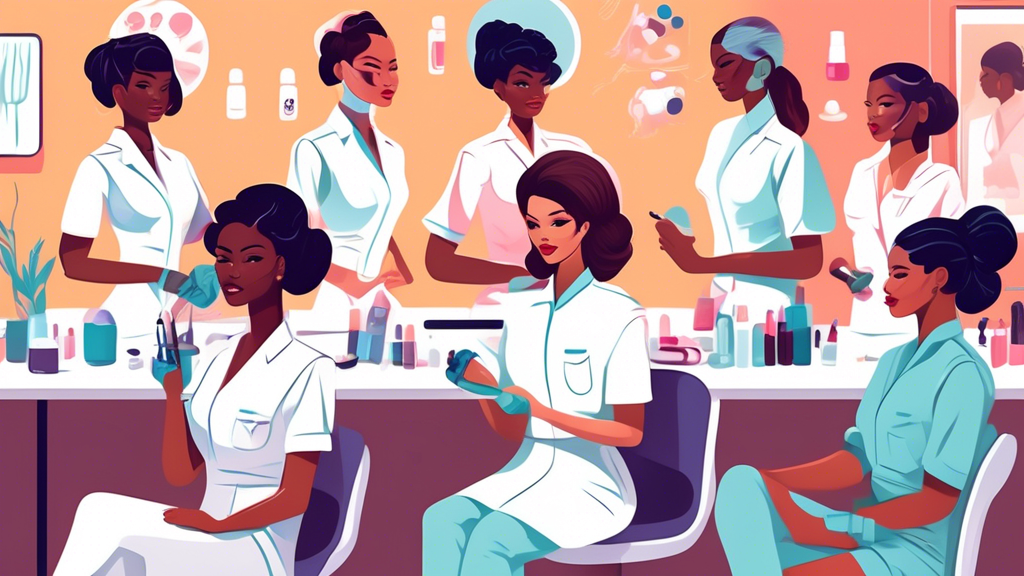Introduction to Facial Classes in Cosmetology
Facial classes form a critical component of the curriculum for aspiring cosmetologists. These courses provide the foundational knowledge and practical skills needed to perform a variety of facial treatments, which are among the most sought-after services in the beauty industry. From understanding skin anatomy to mastering advanced facial techniques, these classes equip future professionals with the expertise they need to succeed.
Understanding Skin Anatomy and Physiology
One of the first and most important lessons in facial classes is an in-depth understanding of skin anatomy and physiology. Students learn about the different layers of the skin, such as the epidermis, dermis, and subcutaneous tissue, and how they function. This knowledge is crucial as it helps cosmetologists understand how various treatments affect the skin and how to customize procedures based on individual skin types.
Types of Facials
Facial classes cover a wide range of facial treatments, each designed to address different skin concerns. Some common types of facials include:
- Deep Cleansing Facials: Ideal for removing impurities and preventing acne.
- Anti-Aging Facials: Focused on reducing the appearance of wrinkles and fine lines.
- Hydration Facials: Aimed at moisturizing dry skin.
- Brightening Facials: Designed to even out skin tone and reduce discoloration.
Techniques and Equipment
Hands-on training is an essential part of facial classes. Students learn how to use various tools and equipment, such as steamers, extractors, and microdermabrasion machines. They also practice manual techniques, including facial massage and lymphatic drainage, which help to improve circulation and promote relaxation.
Choosing the Right Products
Product knowledge is another critical area covered in facial classes. Aspiring cosmetologists learn about the different ingredients used in skincare products and how to choose the right products for various skin types and conditions. Understanding how to read product labels and being aware of potential allergens or irritants is essential for providing safe and effective treatments.
Sanitation and Safety
Maintaining a high standard of hygiene is paramount in any cosmetology practice. Facial classes emphasize the importance of sanitation and safety, teaching students how to properly clean and disinfect equipment, use gloves, and ensure a sterile environment to prevent the spread of infections.
Client Consultation and Customization
Personalized service is key to client satisfaction. Facial classes train students on how to conduct thorough consultations, assess skin conditions, and customize treatments to meet individual needs. Effective communication skills are also highlighted to ensure that clients feel comfortable and well-informed throughout the process.
The Business Side of Facials
Beyond technical skills, facial classes often cover the business aspects of cosmetology. This includes understanding pricing, developing service packages, and marketing strategies to attract and retain clients. Knowledge of these areas helps aspiring cosmetologists build successful careers and possibly run their own businesses in the future.
Conclusion
Facial classes are indispensable for anyone aspiring to become a professional cosmetologist. By providing a comprehensive education that covers everything from skin anatomy to business skills, these courses offer the tools and knowledge needed to excel in the beauty industry. Whether you aim to work in a salon, a spa, or even start your own practice, mastering the art and science of facial treatments is a foundational step towards a rewarding career.

